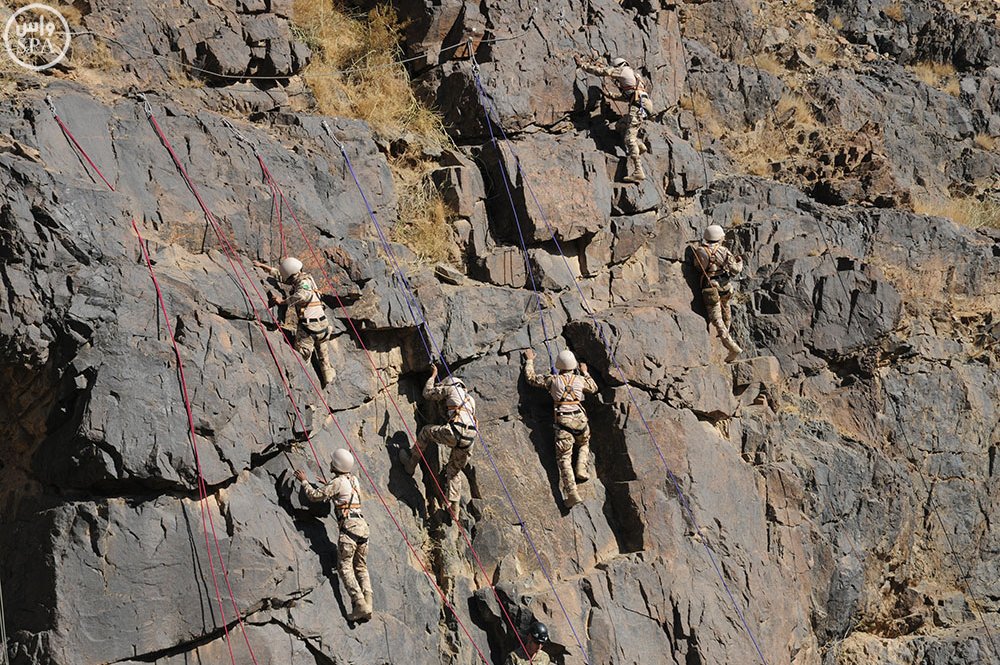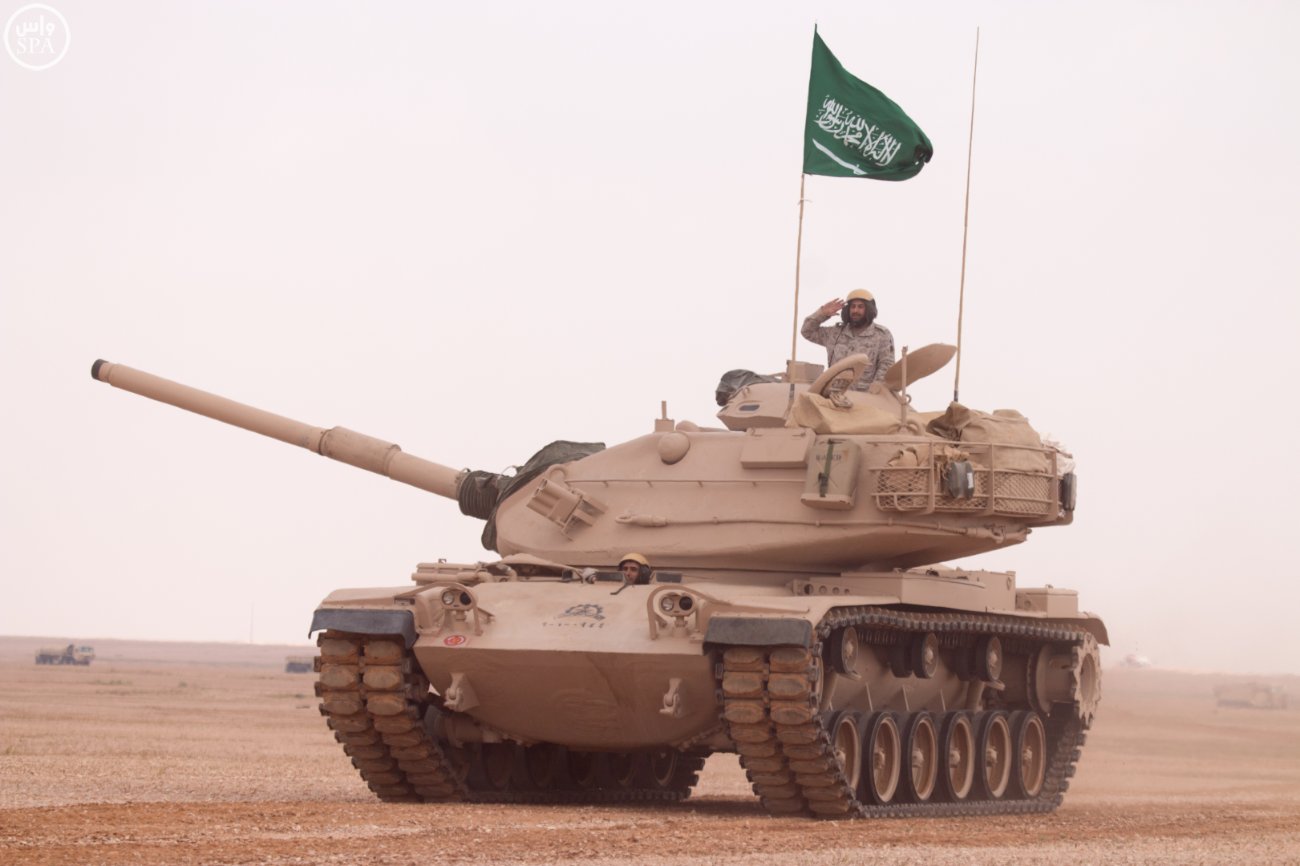A New York Times report by Mark Mazetti and Eric Schmitt sheds light on Saudi Arabia’s efforts to enlist the Obama Administration’s support for taking military action in Yemen last year.
The decision to support Saudi Arabia came after two days of meetings in March 2015 between then-Ambassador to the United States Adel Al-Jubeir and top officials in the Obama administration at the White House.
With Yemen’s capital, Sana, overrun and a request from the Yemeni government for help, Mr. Jubeir argued that a Houthi victory would represent a foothold for Iran on the Arabian Peninsula that would add to its established influence in Iraq, Syria and Lebanon.
The White House was keen to “placate the Saudis as the administration completed a nuclear deal with Iran, Saudi Arabia’s archenemy. Also, the Obama administration had been pushing Middle Eastern countries to take on more of the military load in their region. The decision to support Saudi Arabia’s campaign was taken despite concerns among many of the president’s advisers that the Saudi-led offensive would be long, bloody and indecisive,” the report said.
With the war approaching its first anniversary this month, and the Saudi-led coalition fighting Houthi rebels has generated headlines for civilian deaths as a result of its airstrikes.
The war reportedly costs an estimated $200 million a day, or $6 billion a month.
According to the article, the decision to support Saudi Arabia’s effort in Yemen has drawn criticism from all sides. Although the U.S. has provided intelligence, airborne fuel tankers and advanced munitions, it has been criticized by some in the Saudi coalition for not doing enough. Increasingly, though, U.S. support of the Saudi-led campaign in Yemen is being criticized as a result of civilian death toll reported to have reached 3,000 people.

The New York Times report cites Philip H. Gordon, a top White House official at the time and now a senior fellow at the Council on Foreign Relations, as saying that Saudi Arabia’s main objective “was to give Iran a bloody nose.” Other senior aides in the Obama administration also believed that Iran’s support for the Houthis was not as strong as believed by Saudi Arabia.
Writing in an op-ed in Arab News, former Saudi Ambassador to the United States Prince Turki Al-Faisal blasted President Obama for his suggestion during a series of interviews with Jeffrey Goldberg that Saudi Arabia and other Arab states were “free-riders” in regional conflicts. “We initiated the support — military, political and humanitarian — that is helping the Yemeni people reclaim their country from the murderous militia, the Houthis, who, with the support of the Iranian leadership, tried to occupy Yemen; without calling for American forces. We established a coalition of more than thirty Muslim countries to fight all shades of terrorism in the world.” This past weekend Secretary Kerry traveled to Hafar al Batin, Saudi Arabia in part to discuss the ongoing conflicts in Syria and Yemen, according to the State Department.

When asked about the duration of the war in Yemen by The Economist, Deputy Crown Prince and Minister of Defense Mohammed bin Salman said that the country was not in a military quagmire and that there are different objectives now than at the start of the war. “There were different objectives. The first objective of the Decisive Storm was to disable the main capabilities of this militia. The air capabilities, their air defense capabilities, to destroy 90% of their missile arsenal. And then we started the process of a political solution in Yemen, which is a whole different stage.
All of our efforts are to push for the political solution. But this does not mean we will allow for the militia to expand on the ground, they must realise that every day they do not get closer to the political solution, they lose on the ground.”









